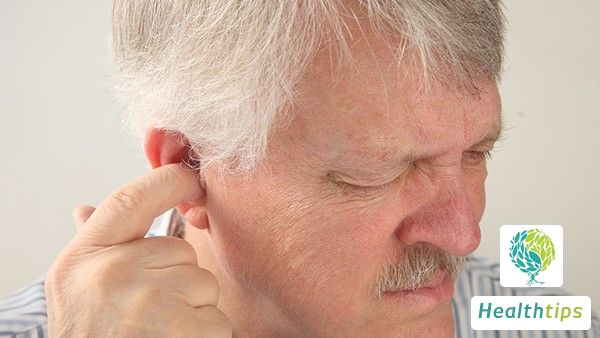The occurrence of tinnitus in the ears is considered to be caused by intense exercise, cerumen embolism, external otitis, otitis media, hypertension, and other reasons.

1. Intense exercise: If the previous activity level is relatively high, it will accelerate blood flow speed and even lead to tympanic membrane congestion, causing tinnitus in the ears. In this case, patients need to rest and usually will recover spontaneously after a period of time.
2. Cerumen embolism: If there is a lot of cerumen in the ear, it may condense into a block and compress the tympanic membrane, causing tinnitus in the ear. In this case, patients can choose to improve the condition under the guidance of a doctor through methods such as normal saline flushing, softening, and suction.
3. External otitis: It is considered to be related to excessive ear cleaning, bacterial infection, and other factors. Excessive inflammation stimulating the skin of the external auditory canal can cause symptoms such as pain, swelling, and itching. If not treated promptly, it may also affect the tympanic membrane and lead to tinnitus in the ears. In this case, patients can follow the doctor's instructions to use medications such as Amoxicillin Capsules, Cefixime Capsules, and Roxithromycin Capsules.
4. Otitis media: The causes are related to bacterial infection, Eustachian tube dysfunction, and other factors. After illness, it can cause significant ear pain and discharge secretions, which can also compress the tympanic membrane and cause tinnitus in the ears. In this case, patients can choose to use medications such as Cefuroxime Axetil Tablets, Erythromycin Enteric-coated Tablets, and Azithromycin Capsules under the guidance of a doctor.
5. Hypertension: It may be caused by a combination of genetics and unhealthy lifestyle habits. After illness, it can affect blood supply to the brain due to continuously elevated blood pressure and even lead to local vascular spasms, causing tinnitus in the ears. In this case, patients can follow the doctor's instructions to take medications such as Nifedipine Sustained-release Tablets, Verapamil Hydrochloride Sustained-release Tablets, and Amlodipine Besylate Tablets.
Patients should pay attention to the care of their ears, avoid entering dirty water, and not frequently wear headphones.

